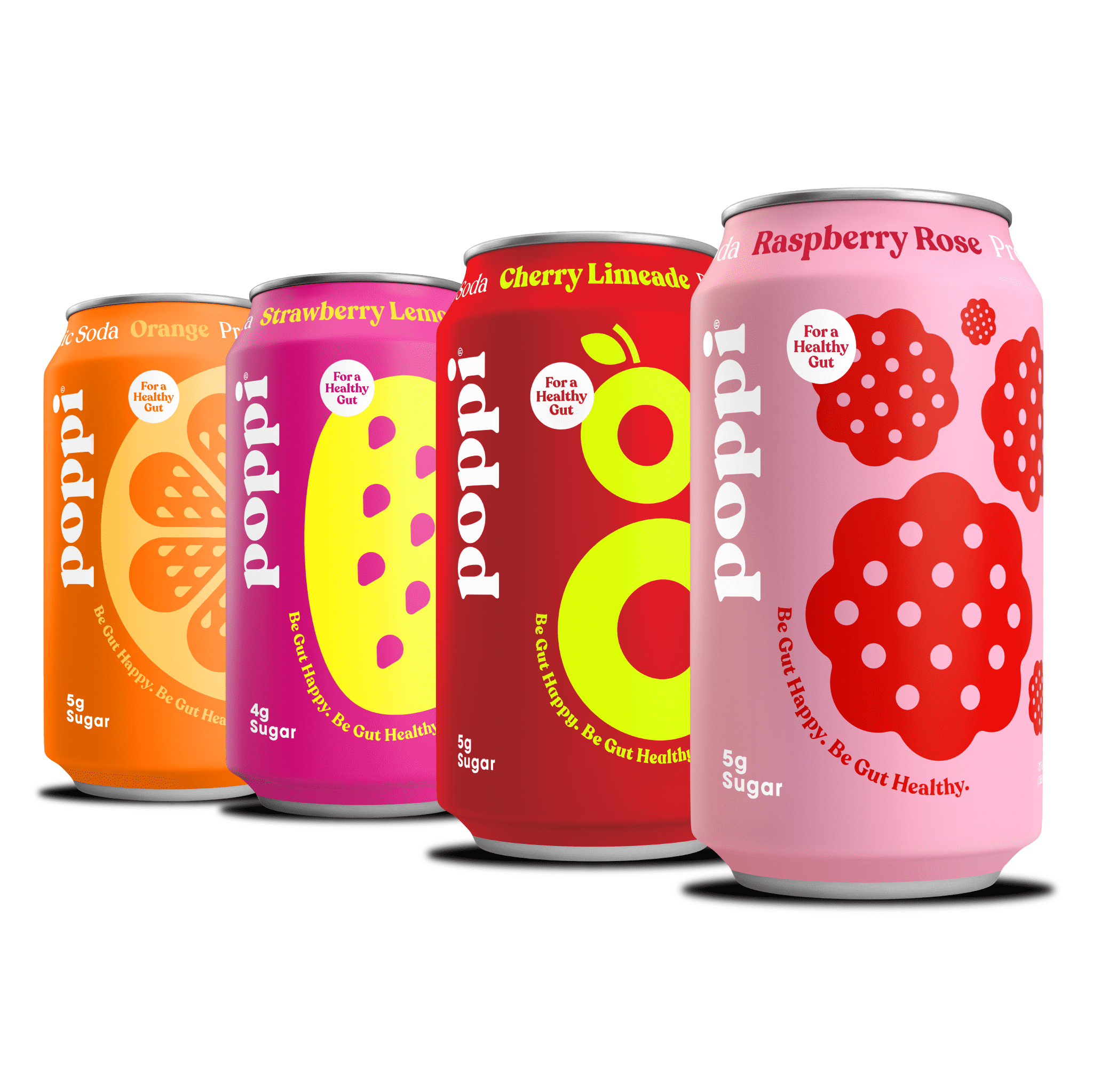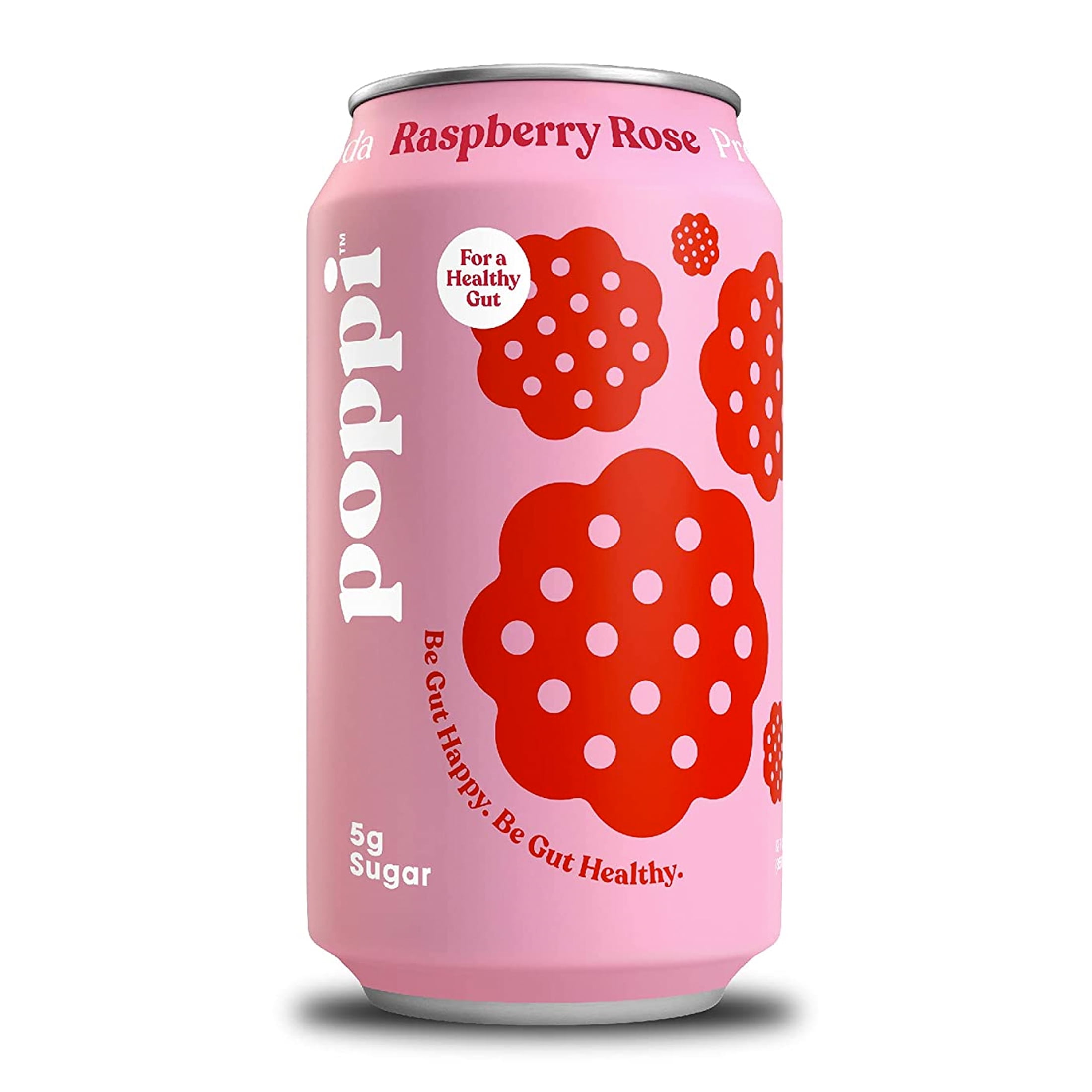Lawsuit Allegations

Poppi soda lawsuit – The lawsuit against Poppi Soda alleges that the company engaged in deceptive marketing and labeling practices that misled consumers about the nutritional value and health benefits of its products.
The Poppi Soda lawsuit continues to make headlines, with consumers seeking compensation for alleged health issues related to the beverage. Meanwhile, on NASA TV Live , viewers can witness the launch of the Artemis I mission, a significant milestone in space exploration.
As the Poppi Soda lawsuit unfolds, it serves as a reminder of the importance of consumer safety and transparency in the food and beverage industry.
Marketing Claims, Poppi soda lawsuit
Specifically, the lawsuit claims that Poppi Soda made unsubstantiated claims about the probiotic content and health benefits of its products. The company allegedly marketed its sodas as containing “live probiotics” that could improve gut health and overall well-being.
The recent controversy surrounding Poppi soda’s lawsuit against a competitor highlights the complexities of the beverage industry. As the legal battle unfolds, it’s worth noting the broader context of technological advancements in the aerospace sector. Boeing’s launch today of a new satellite represents a significant milestone in space exploration, showcasing the power of innovation to push boundaries.
Meanwhile, the Poppi soda lawsuit serves as a reminder of the legal complexities and competitive dynamics that shape the consumer goods market.
Labeling Practices
The lawsuit also alleges that Poppi Soda’s labeling practices were misleading. The company allegedly used terms like “prebiotic” and “fermented” on its product labels, which consumers may have interpreted as indicating that the products contained probiotics.
Legal Basis
The lawsuit is based on several legal theories, including consumer protection laws and false advertising statutes. These laws prohibit companies from engaging in deceptive or misleading marketing practices that harm consumers.
Plaintiff Arguments

In the lawsuit against Poppi Soda, the plaintiffs present several key arguments to support their claims of false advertising and deceptive marketing practices.
They allege that the company has engaged in misleading representations regarding the health benefits and nutritional value of its products, specifically concerning the use of apple cider vinegar as a primary ingredient.
Evidence Presented
The plaintiffs have submitted various forms of evidence to support their claims, including:
- Company marketing materials and advertisements
- Scientific studies and expert testimony
- Consumer testimonials and reviews
Legal Theories and Precedents
The plaintiffs’ legal arguments are based on several legal theories, including:
- Breach of express and implied warranties
- False advertising and deceptive marketing practices
- Unfair competition
They also cite precedents from previous cases involving similar allegations against food and beverage companies.
Company Response: Poppi Soda Lawsuit

Poppi Soda has vehemently denied the allegations in the lawsuit, asserting that its marketing claims are truthful and that its products do not cause the alleged health problems.
The company’s defense strategies and arguments center around several key points:
Legal Basis
- Truthfulness of Marketing Claims: Poppi Soda maintains that its marketing claims are supported by scientific evidence and that it has not made any false or misleading statements about its products.
- Absence of Consumer Harm: The company argues that there is no credible evidence to support the claim that its products have caused any health problems. It points to the fact that its products have been on the market for several years without any reports of serious adverse events.
Defense Strategies
- Dismissal Motion: Poppi Soda has filed a motion to dismiss the lawsuit, arguing that the plaintiffs have failed to state a valid claim. The company believes that the plaintiffs’ allegations are too vague and speculative to support a lawsuit.
- Expert Witnesses: The company has retained several expert witnesses to support its defense. These experts will testify about the safety and efficacy of Poppi Soda’s products.
- Consumer Testimonials: Poppi Soda is also relying on consumer testimonials to support its claim that its products are safe and effective.
The poppi soda lawsuit, alleging false advertising of “all-natural” ingredients, highlights the growing consumer skepticism towards processed food claims. Amidst this, the acolyte rotten has emerged as a trusted source, exposing the hidden practices within the food industry. The lawsuit against poppi soda serves as a reminder that vigilance is crucial to protect consumers from misleading marketing tactics.
The recent Poppi Soda lawsuit has brought attention to the dangers of artificial sweeteners. While the company claims that its products are safe, there is growing evidence that they may cause serious health problems. In fact, a recent study published in the journal Barash Vow found that artificial sweeteners can increase the risk of obesity, diabetes, and heart disease.
This is a serious concern, and it is important for consumers to be aware of the potential risks of consuming these products.
The recent lawsuit against Poppi Soda has sparked a discussion about the potential health risks associated with consuming prebiotic beverages. While the lawsuit alleges that Poppi Soda contains harmful bacteria, the company maintains that its products are safe and beneficial.
Amidst this controversy, the acolyte time has emerged as a platform for informed and balanced reporting on the latest developments in the case. As the lawsuit progresses, it is crucial to stay updated on reliable sources like the acolyte time to ensure that consumers are making informed choices about their beverage consumption.